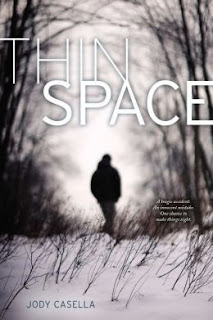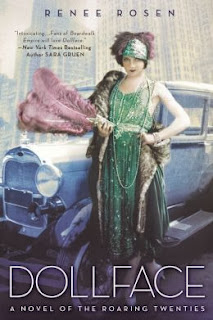New York Times bestselling author
William C. Dietz has published more than forty novels including
Andromeda's Choice, the latest volume of Dietz's popular
Legion of the Damned™ series.

Hundreds of years in the future, much has changed. Advances in medicine, technology, and science abound. Humanity has gone to the stars, found alien life, and established an empire. But some things never change...
All her life, Lady Catherine Carletto (called Cat) has lived for nothing but the next party, the next lover, and the next expensive toy. Then, as part of a murderous power grab, Princess Ophelia and her cadre of synth assassins murder her brother the emperor, and go on to purge the galaxy of his friends and supporters—including Cat’s family.
Now Cat, the only surviving Carletto, is on the run. And, like countless others before her, she seeks refuge in a military organization that's home to society's most dangerous misfits.
The Legion of the Damned.
Cat Carletto vanishes and Legion Recruit Andromeda McKee appears in her place. A woman with a mission—to bring down Empress Ophelia—or die trying. And that's where
the Page 69 Test comes in... Dietz took the test--and here's what he discovered:
When I opened Andromeda's Choice to page 69 I discovered that my protagonist was back on Earth after fighting a hellacious series of battles on the planet Orlo II. And now, much to her disgust, she's about to receive the empire's highest medal for valor from the person who killed her family: Empress Ophelia.
But first, as part of a propaganda effort calculated to take advantage of McKee's bravery, she's forced to make a series of television appearances. Will someone among the millions of viewers recognize the scarred veteran as the once famous celebrity Lady Cat Carletto? Her life hangs in the balance.McKee felt a little lightheaded as she followed the officer onto an elevator which dropped so fast it felt as if her spit shined shoes would come up off the floor. She could see herself in a mirror on the opposite wall. The immaculate white kepi sat squarely on her head. The uniform was brown, with red fringed epaulettes, and the badge of the 1st REC on the left side of her chest. She wore a campaign ribbon as well--and the chevrons on her sleeves marked her as a sergeant. It was in some ways like looking at a stranger.
Then the ride was over, the doors whispered open, and they stepped out into a long hallway. The walls were painted a subtle shade of red and were decorated with photos of famous guests. A perky intern was there to meet them. She had straight black hair, almond shaped eyes, and full lips. The ear plug and wire thin boom mike she wore were barely noticeable. A wannabe reporter? Yes, that seemed like a good guess.
McKee saw the girl flinch as she noticed the scar. It was her experience that women reacted more strongly than men--probably because they were imagining how awful such a disfigurement would be. The intern recovered, produced a smile, and said "Hi! My Name's Cindy. Please follow me."
Wilkins went first followed by McKee and Larkin. A door led to a make-up room where a man and a woman were waiting for them. McKee was ushered into the chair in front of the female. She had pink hair, had lots of rings on her fingers, and introduced herself as Shelly. "Don't worry," Shelly said, kindly. "I can make that scar disappear."
McKee felt something akin to panic. Ugly though it might be the scar was her mask. The thing most people couldn't see past. "I don't need any make-up," McKee growled. "I'm proud of my scar."
Shelly was clearly taken aback, mumbled something about highlights, and dabbed at McKee's forehead a couple of times before declaring her "Ready for prime time."
Learn more about the book and author at
William C. Dietz's website.
Andromeda's Choice follows
Andromeda's Fall.
The Page 69 Test: Andromeda's Fall.
My Book, The Movie: Andromeda's Fall.
--Marshal Zeringue
 Lawson applied the Page 69 Test to Rosarito Beach and reported the following:
Lawson applied the Page 69 Test to Rosarito Beach and reported the following:






























